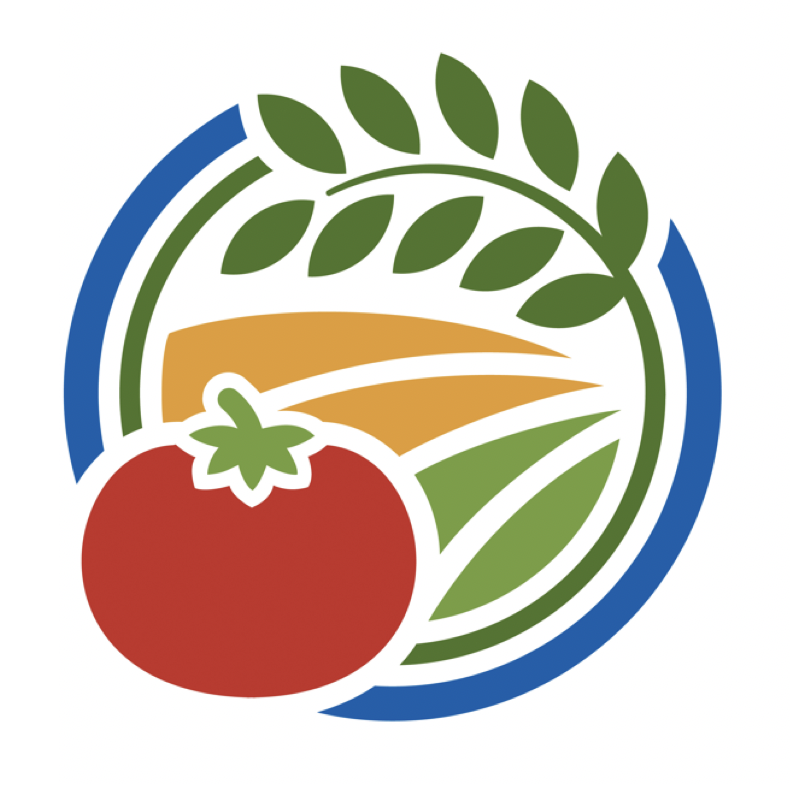Federal Funding Opportunities in Sustainable Agriculture Database
Are you looking for federal grants and incentives, loans, or technical assistance for a sustainable agriculture project?
Information for this table was adapted from Building Sustainable Farms, Ranches, and Communities. This guide was produced through the collaboration of SARE, the Michael Fields Agricultural Institute (MFAI), the National Center for Appropriate Technology (NCAT), and the National Sustainable Agriculture Coalition (NSAC). Funding was provided by the Sustainable Agriculture Research and Education (SARE) program, the Agricultural Marketing Service (AMS) and the McKnight Foundation.
